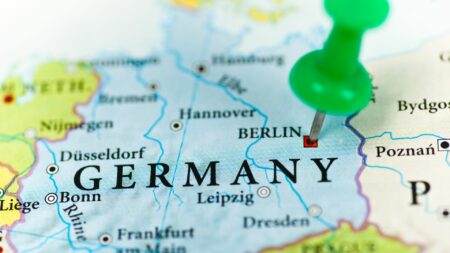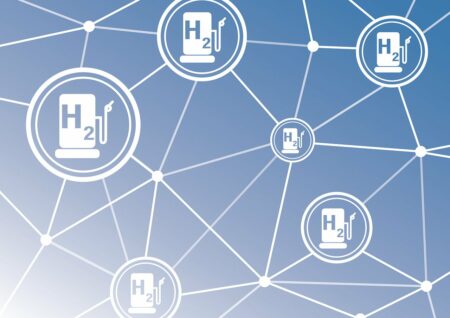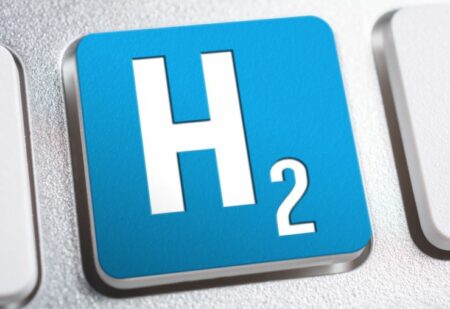The recent inauguration of the liquid natural gas (LNG) pipeline stretching from Wilhelmshaven to Jemgum marks a milestone in Germany’s transition to sustainable energy.
Browsing: Germany
Canada is poised to collaborate with Germany and the Netherlands in an ambitious initiative aimed at catalyzing the global hydrogen market, marking a step towards advancing clean energy alternatives to traditional fossil fuels.
Germany has launched a program aimed at supporting heavy industry in transitioning to more sustainable production practices. The program, initially valued at up to 4 billion euros ($4.4 billion), is set to span over a 15-year period and includes provisions for the adoption of hydrogen technology.
Representatives from the Netherlands, Germany, and the Basque Country convened at the Port of Bilbao to advance discussions on establishing an intra-European corridor for green hydrogen.
Europe is embarking on an ambitious journey to establish hydrogen corridors, with Germany at the forefront. These corridors signify a monumental shift away from reliance on Russian gas, ushering in a new era of renewable energy utilization and distribution.
E.ON, a frontrunner in sustainable energy solutions, has received a substantial funding commitment of €2.3 million from the state of North Rhine-Westphalia (NRW) in Germany.
Sunfire has decided to spin off its fuel cell business to better focus on the nuances of electrolyzers and fuel cells.
Germany’s ambitious project to establish a hydrogen “core” network has sparked controversy among critics who argue that the proposed network is oversized and may lead to unnecessary costs.
Six eastern German states have unveiled an initiative focused on the production and utilization of renewables-based hydrogen to spearhead the green energy transition.
Hamburg emerges as a leader in the European hydrogen market, spearheading innovative projects to accelerate the transition to green energy and combat climate change.










